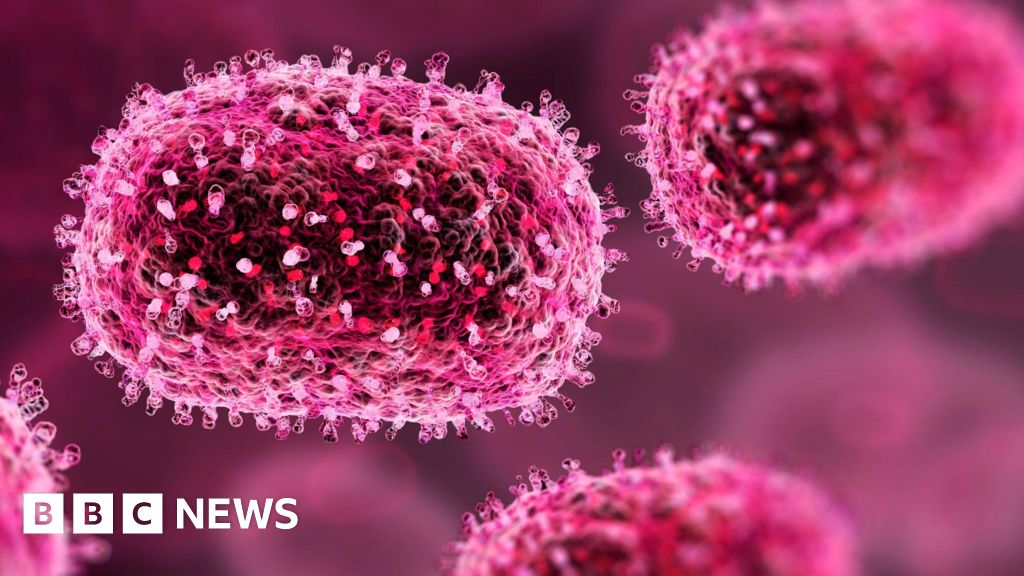Understanding the Mpox Outbreak: A Global Health Concern
In recent months, the world has witnessed a resurgence of mpox, a viral infection that has raised significant public health concerns, particularly in African nations. As Moroccan authorities actively trace and monitor individuals who have come into contact with an infected man, it is crucial to understand the nature of this disease, its transmission, symptoms, and the global response to the outbreak.
The Current Situation in Morocco
Moroccan health officials are diligently tracking the health status of all individuals who had contact with a confirmed mpox case. As of a recent statement released on Thursday, none of these contacts have exhibited any symptoms, which is a positive sign in the face of a potential outbreak. However, the vigilance of health authorities underscores the importance of monitoring and early intervention in controlling the spread of infectious diseases.
What is Mpox?
Mpox, formerly known as monkeypox, is a viral infection that can be transmitted through close personal contact with an infected individual. The virus can also spread through contaminated objects, such as bedding, clothing, and towels. This mode of transmission highlights the importance of hygiene and sanitation in preventing outbreaks, particularly in communal living situations.
Symptoms and Duration of Infection
The symptoms of mpox can vary, but they often include fever, rash, and swollen lymph nodes. The infection typically lasts between 14 and 21 days and can resolve on its own. However, it is essential to note that while many cases are mild, mpox can be fatal, especially for vulnerable populations such as small children and individuals with compromised immune systems.
In severe cases, the virus can cause extensive lesions that affect various parts of the body, including the mouth, eyes, and genitals. This can lead to significant discomfort and complications, necessitating medical intervention.
Treatment and Management
According to the World Health Organization (WHO), treatment for mpox primarily focuses on managing symptoms and preventing complications. This includes caring for the rash, alleviating pain, and ensuring that patients remain hydrated and comfortable. In cases where the infection is severe, more intensive medical care may be required.
The Broader Context: Outbreaks in Africa
As of 2024, more than 20,000 cases of mpox and over 500 deaths have been reported across 14 African countries. The Democratic Republic of Congo (DRC) has been particularly hard-hit, with over 5,000 cases recorded this year alone. The scale of the outbreak in the DRC has prompted urgent calls for international assistance and coordinated responses to mitigate the impact of the virus.
Vaccination Efforts and Challenges
Vaccines are considered a critical tool in preventing the spread of mpox. Recently, vaccines have arrived in the DRC, but logistical challenges pose significant hurdles in distributing them to the most affected areas, particularly in the eastern regions of the country. It may take several weeks before these vaccines reach those who need them most, highlighting the complexities of public health logistics in crisis situations.
The Call for International Cooperation
On August 14, the WHO declared the mpox outbreak a public health emergency, emphasizing the need for a coordinated international response. Dr. Tedros Adhanom Ghebreyesus, the WHO director-general, stated that it is "clear that a coordinated international response is needed to stop these outbreaks and save lives." This declaration serves as a rallying cry for nations to come together, share resources, and implement effective strategies to combat the spread of mpox.
Conclusion
The ongoing mpox outbreak presents a significant challenge to global health, particularly in vulnerable regions. As Moroccan authorities monitor potential cases and the international community mobilizes resources, it is crucial to remain informed about the nature of the virus, its transmission, and the measures being taken to control its spread. By fostering awareness and cooperation, we can work towards mitigating the impact of mpox and protecting public health worldwide.
